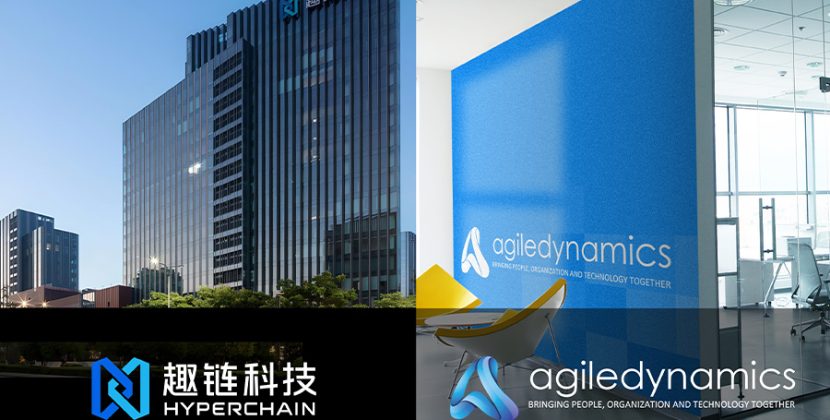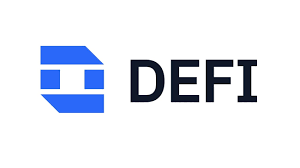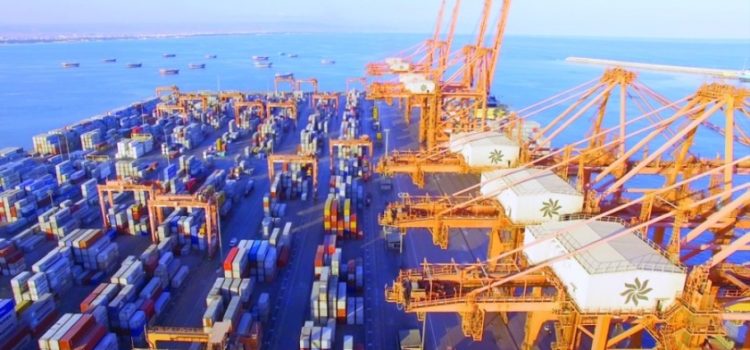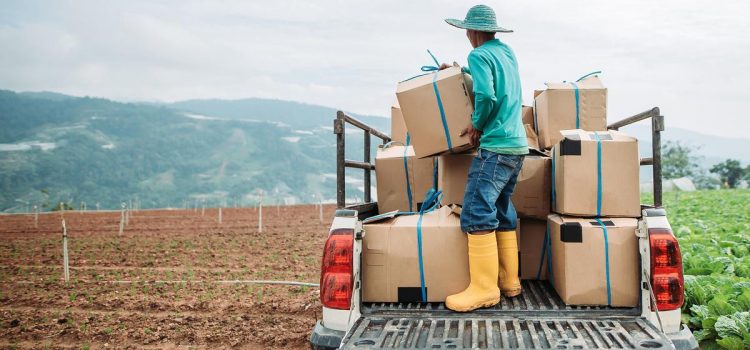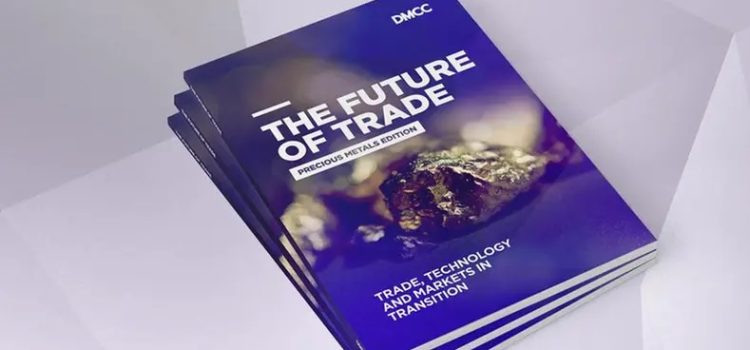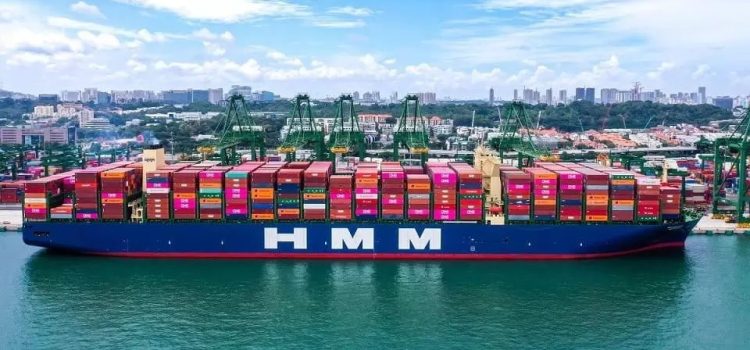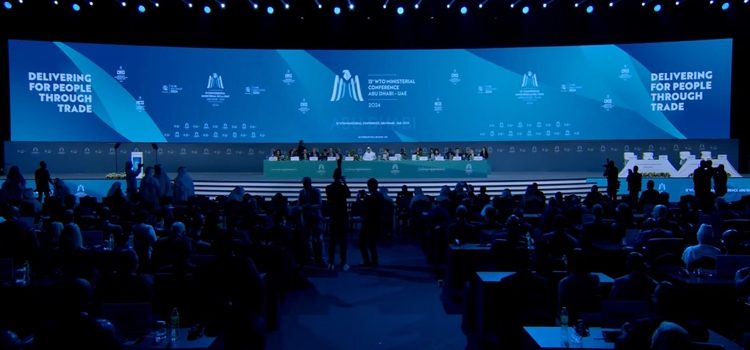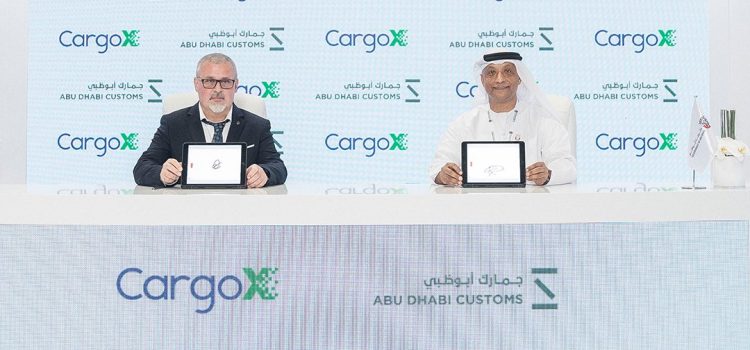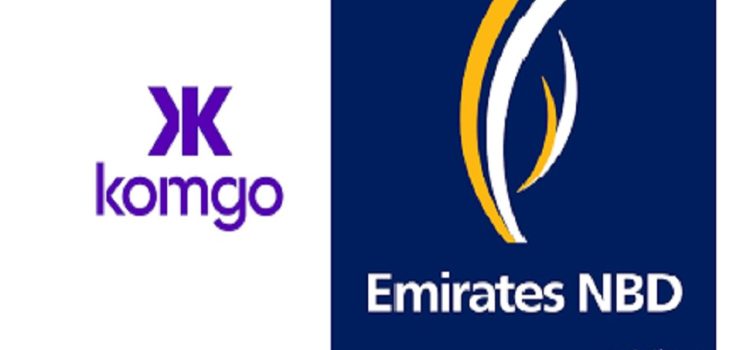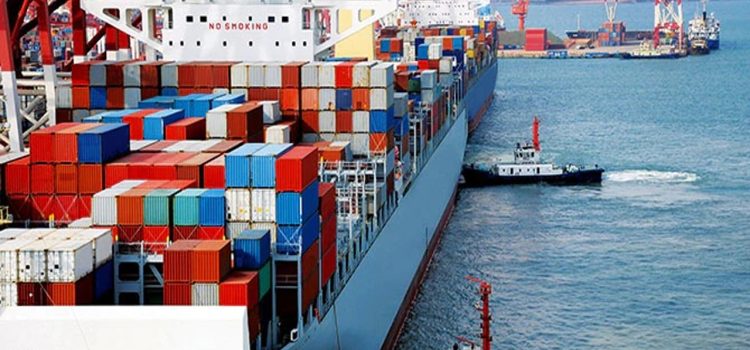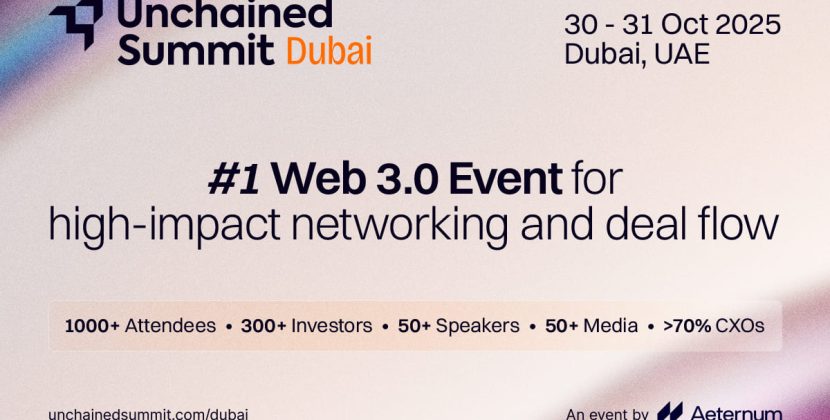
In a report published by the Ministry of Commerce, Industry and Investment Promotion (MoCIIP), and put together by Oxford Business Group (OBG) the government highlights high-growth opportunities in key sectors, including transport and logistics and Blockchain pilot for tracking movement of goods.
As per the report, the logistics sector in Oman aims to contribute $36.4 billion to the national economy by 2040 positioning it as the second highest economic contributor after hydrocarbons. The sector in 2023 contributed
Growth targets:
- The logistics sector aims to contribute OR14bn ($36.4bn) to the
national economy by 2040, which would position it as the secondhighest economic contributor after hydrocarbons - As of 2023 the sector contributed approximately 7% to GDP
- Seeking to create up to 300,000 new logistics jobs by 2040
- Sector currently provides over 79,000 jobs
- Investment growth projected for green supply chains, lastmile delivery and contactless delivery solutions
Beyond decarbonisation, the wider transportation sector is also being primed for investment, according to the report. These investment opportunities are linked to recently unveiled plans to, for example, transform creeks into marinas and business centres, develop mining jetties for the export of gypsum and limestone, support ship repair and scrapping activities, catalyse the growth of multipurpose ports, re-export and repackaging hubs, and e-commerce fulfilment centres, as well as foster the development of airport free zones and new dry ports.
In the logistics sector, investment growth is projected in green supply chains, last-mile delivery and contactless delivery solutions. Also prospective for investment are opportunities linked to the expansion of regional aviation connections and partnerships in Africa and China, while strengthening ties with European and South-east Asian markets.
Eng Khamis bin Mohammed al Shammakhi, Under-Secretary of the Ministry of Transport, Communications and Information Technology for Transport, was quoted in the report as saying that Oman is piloting blockchain technology to track the movement of goods within economic zones. He noted, “Oman is implementing innovative measures to strengthen its logistics infrastructure. The country is piloting blockchain technology to track the movement of goods within economic zones, significantly improving lead times. The Royal Oman Police’s Customs clearance system mandates that goods must be cleared within two hours, a measure intended to boost efficiency. Additionally, a port community system has been introduced to streamline procedures, reducing the time required for operations from two days to two hours – as well as minimizing fees. These advancements help to enhance the appeal of Oman’s logistics sector to foreign investors.”
Additionally, Oman is improving last-mile logistics by introducing supportive technologies and stronger regulations. “Efforts include new regulations that require operators to register through a central platform in a move to ensure compliance and streamline inspections. The entry of investors like technology firm Yandex – which will provide an application that combines taxi services with last-mile delivery – showcases Oman’s commitment to modernizing this segment. These steps aim to make the logistics chain more efficient and attractive to investors by ensuring delivery solutions that are both reliable and scalable,” Al Shammakhi added.
In 2024 Advanced Horizon Markets s.r.o, which is developing a Blockchain and AI enabled GlobalTrade project, set up its headquarters in Oman after an investment firm acquired 80% of its shares during its seed phase, valuing the project at 1.1 million Euros.
The platform is designed to offer robust business verification, smart contracts, integrated quality control, comprehensive shipping solutions, and real-time tracking, all powered by advanced technologies such as blockchain and AI.

